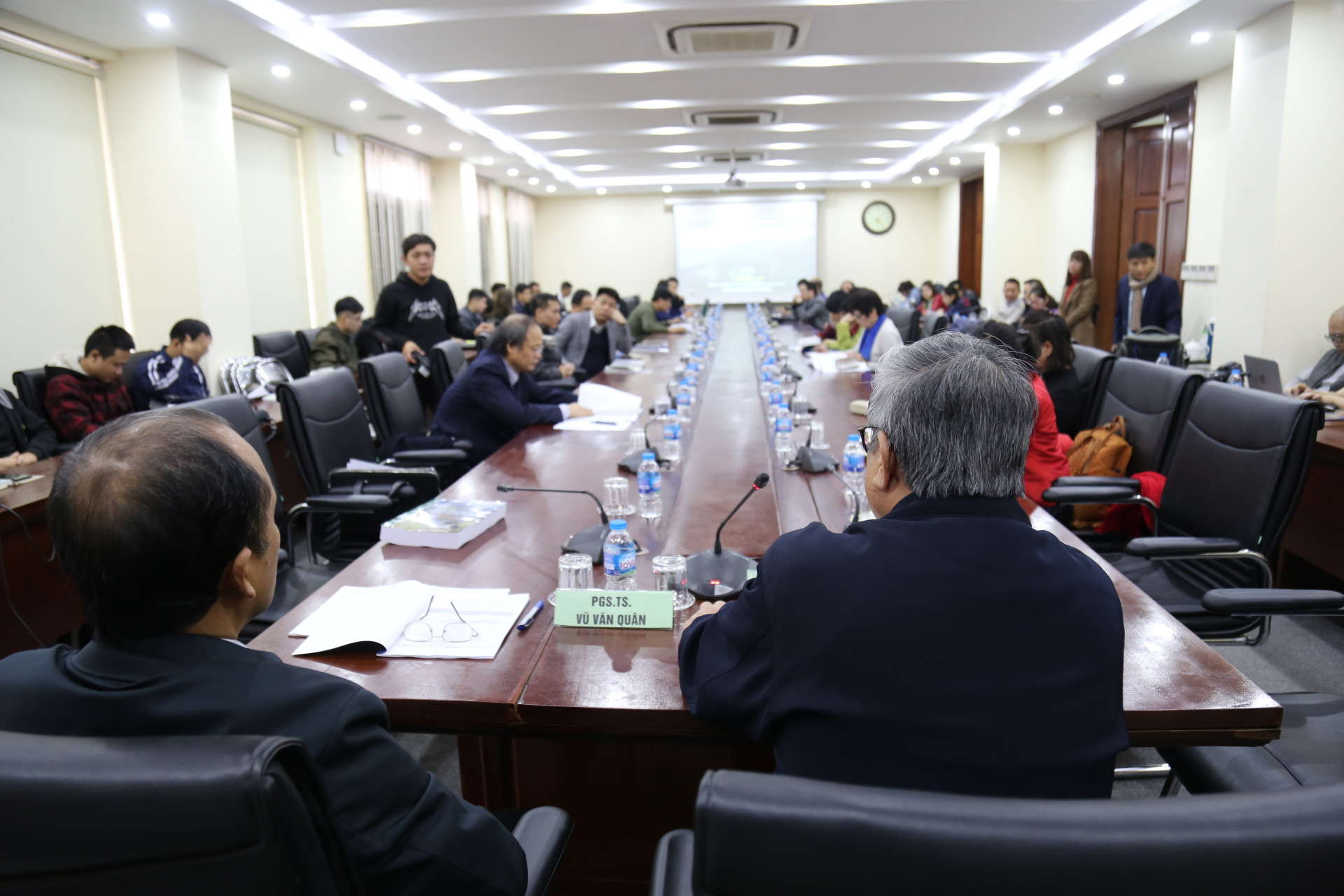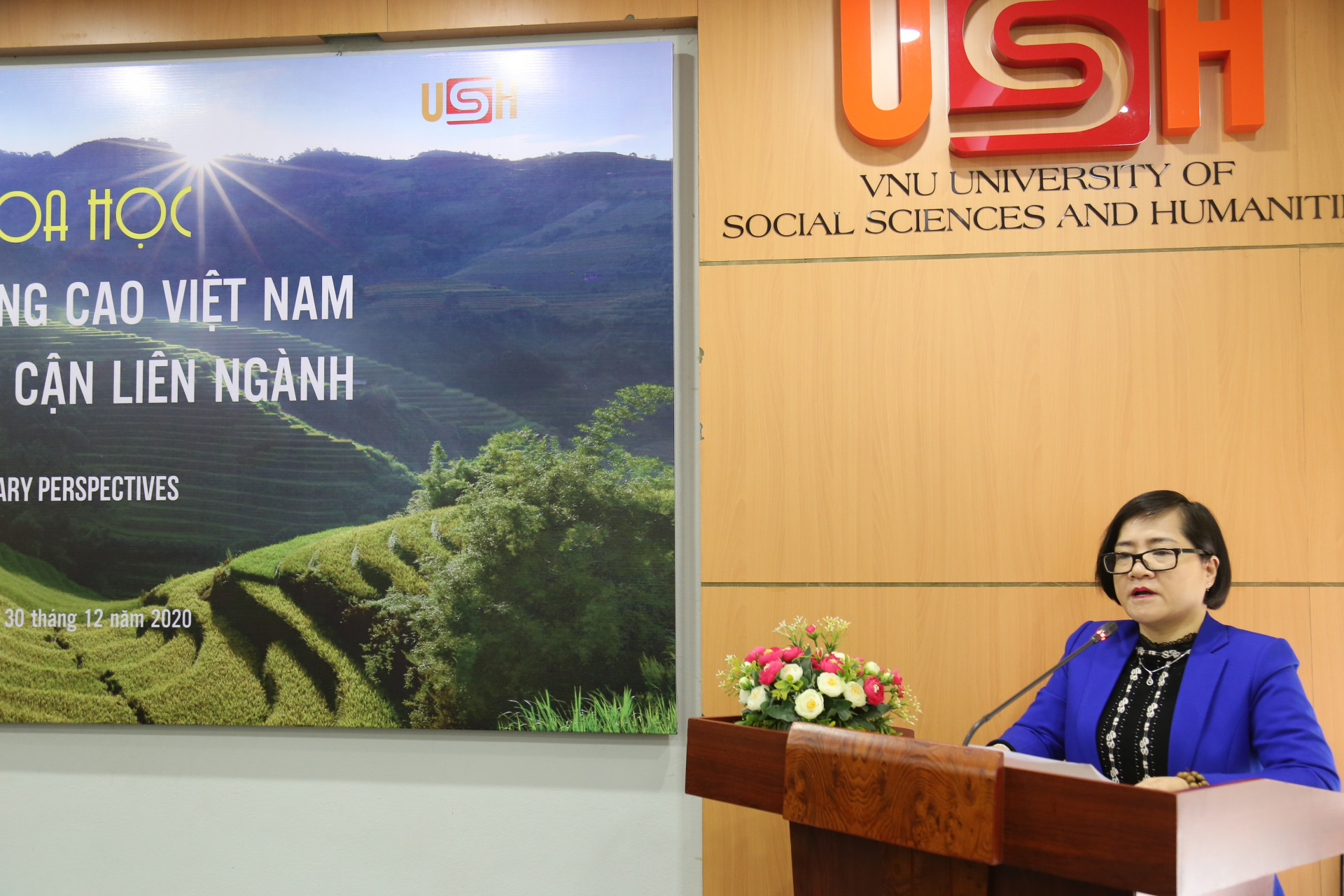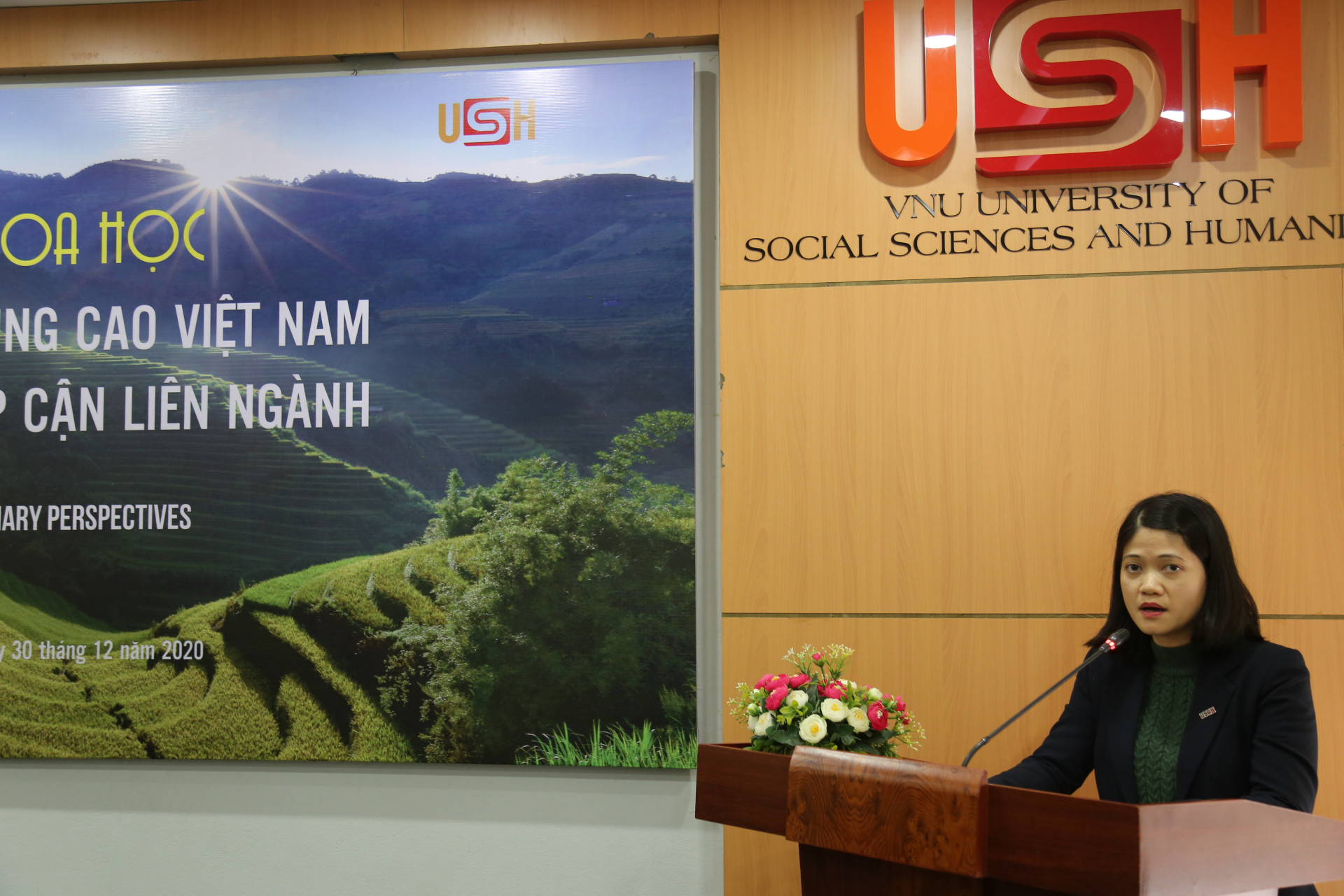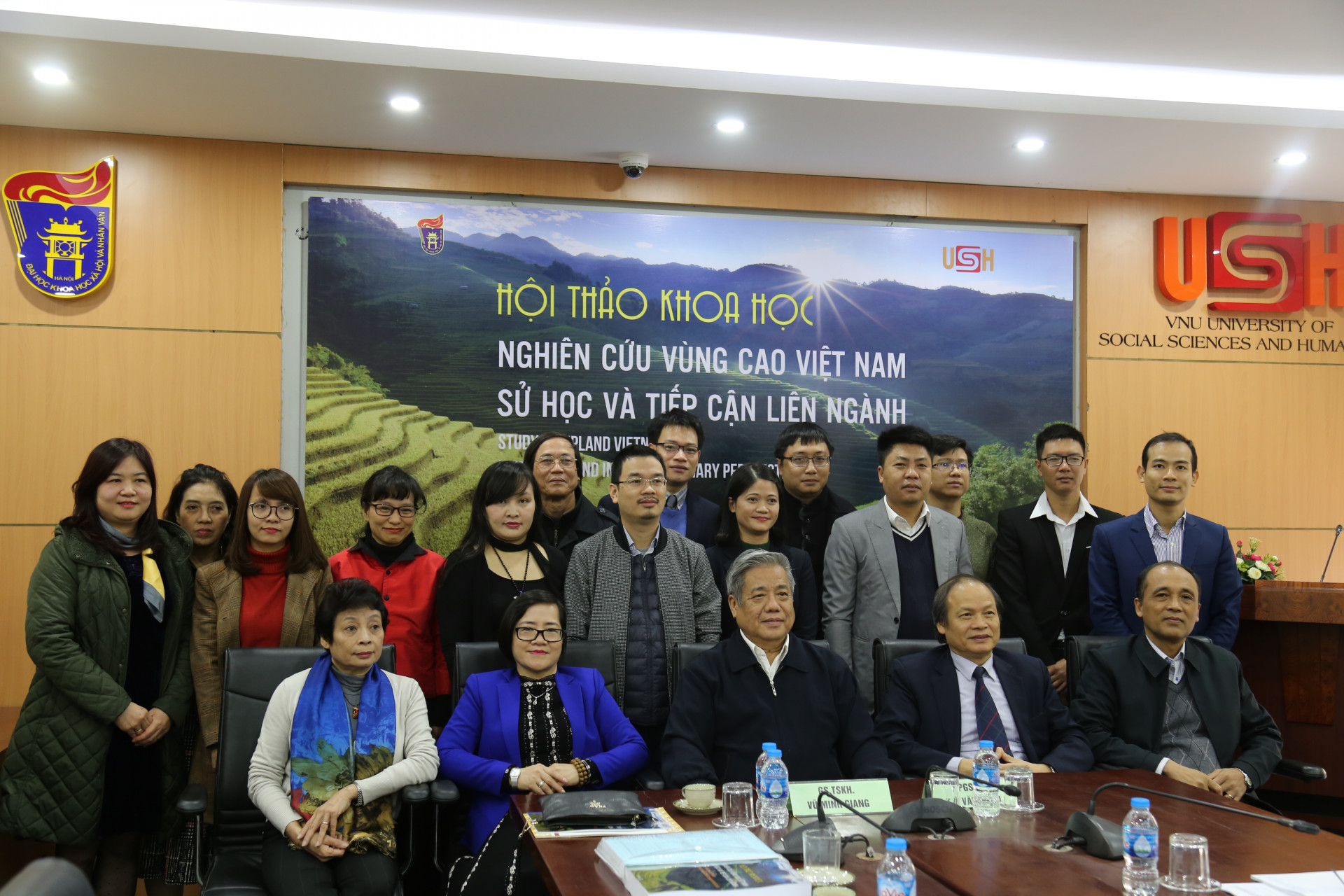In the constructionHistory and Culture of Vietnam: A Partial Approach to Vietnamese HistoryThe late Professor Phan Huy Le discovered the principle of Multilinearity, Comprehensiveness, and Totality in Vietnamese history. According to this principle, it is “the history of the national communities, communities of people, and ethnic groups that once lived on the territory of present-day Vietnam and contributed to the course of Vietnamese history.” Over the past half-century, modern Vietnamese historiography has gradually realized this principle, for example, by supplementing the historical narratives of Sa Huynh - Lam Ap - Champa in Central Vietnam and Dong Nai - Oc Eo - Funan in Southern Vietnam. However, research on the historical space of the highlands and mountainous regions of Vietnam remains quite limited. In this context, the scientific conference “Research on the Highlands of Vietnam: Historiography and Interdisciplinary Approaches” is organized as an effort to supplement and define the position of the highlands in the flow of Vietnamese history.

The workshop received 22 scientific papers from 23 researchers from major scientific institutions in Hanoi, focusing on the following key areas: discussing fundamental concepts, theories, and research methods for the history of Vietnam's highlands; clarifying the content aspects, approaches, and research achievements of Vietnam's highland history from various fields such as History, Anthropology, Archaeology, Cultural Studies, Literature, and Sino-Vietnamese Studies; clarifying the role and position of highlands in the historical process of Vietnam, and the regional connections such as upper-lowland, hilly-plain-coastal areas in Vietnamese politics, economics, society, and culture; and discussing the organization, operational direction, and expected research and training products of the research group.

Assoc. Prof. Dr. Tran Thi Minh Hoa delivered the opening remarks at the workshop.
Opening the workshop, Associate Professor Tran Thi Minh Hoa shared that research on Vietnam's highlands has been a focus of attention for scientists at the University of Social Sciences and Humanities since its early days, such as studies on the Lam Son Uprising and the Tay Son mountain range after 1975. This is a valuable source of information, laying the foundation for future research on Vietnam's highlands. This workshop will supplement new research in various specialized fields beyond History, such as Anthropology, Cultural Studies, and Literature, focusing on Vietnam's highlands. Therefore, the workshop has achieved initial success in creating a forum for academic exchange among researchers interested in the history of Vietnam's highlands, while also affirming the interdisciplinary research trend in the Social Sciences and Humanities of the History Department and the University in general.

Dr. Do Thi Thuy Lan delivered the opening remarks.
In her opening remarks at the conference, Dr. Do Thi Thuy Lan (Faculty of History) noted that the reports presented at the conference had rich scientific content on religion, politics, state policies, national defense borders, etc., spanning from the northern mountainous region to the Truong Son - Central Highlands and the lower Mekong Delta. The reports painted a picture of a dynamic, proactive, rich, and interconnected highland region of Vietnam. Through this, the history of the highlands was presented not merely as a mechanical addition of fragmented issues and spaces within Vietnam's territory, but as a perspective from the mountains, from the highlands, within a network connecting diverse regions within and even outside modern Vietnam.

The delegates attending the event took a commemorative photo.
Following the opening session, the conference continued with four sessions divided into two research areas: the Northern mountainous region and the Central and Truong Son - Central Highlands regions. The presentations covered a diverse range of fields, including politics (power systems in mountainous regions based on altitude, such as the chieftain system in the North; Upper Champa, Thuy Xa, Hoa Xa Gia Rai in the Central Highlands; the Bahnar local chieftain system in Kon Tum...), economics (studies on mining, the trade network of medicinal herbs of the contemporary Dao people in the North, the historical riverine exchange networks of the Central region in the South...), and culture and society (material remains of Champa in the Central Highlands, temples, stupas, inscriptions, furnaces, and Buddhist wharves in both Northwest and Northeast Dai Viet during the Ly-Tran dynasties (11th-14th centuries)...).
Author:Tran Minh
Newer news
Older news